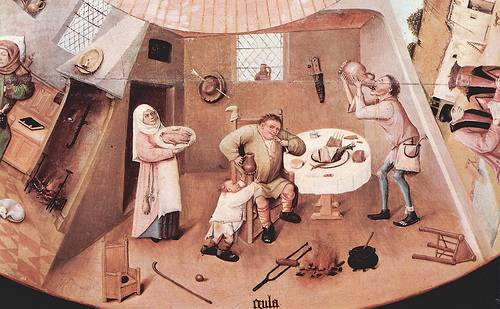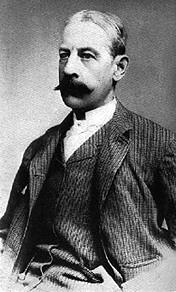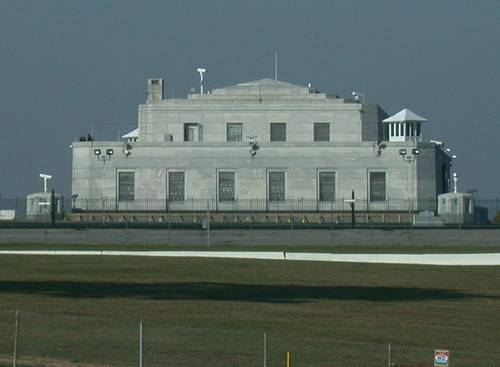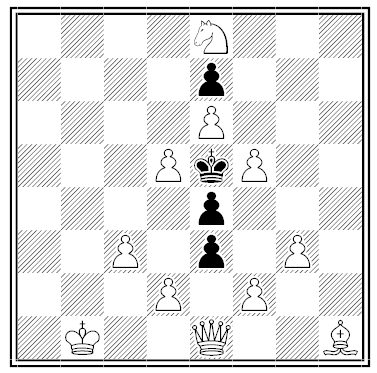Horse Sense
John Raymond Godley (1920-2006), Lord Kilbracken, was a respected writer and journalist, but he’s remembered mostly for a peculiar talent: He dreamed the winners of horse races.
- While an undergraduate at Oxford in 1946, he dreamed he was reading racing results in a newspaper. Two of the winners were Bindal and Juladin, horses he knew from his waking life. In the morning he discovered that both would be running that afternoon. He bet on both, and both won.
- A month later, vacationing in Ireland, he awoke with the name Tubermore in his mind. He called the local postmistress the following day, and she told him that a Tuberose was running that day. He won, at odds of 100 to 6.
- In July he dreamed that a bookie’s clerk told him a horse named Monumentor had won a race. He found in the morning that a Mentores would be running that day. He bet and won.
- In June 1947 he dreamed he was watching one race in which he recognized jockey Edgar Britt, then watched a second race won by a horse called The Bogie. He woke to find that Britt was riding that day, and that a horse called The Brogue would be running in the race that followed. This time he sealed his picks in a time-stamped envelope in the presence of witnesses. Both horses won.
- In 1949 he dreamed he read the name Timocrat in the Mirror‘s racing sheet. He discovered that Timocrat was running the next day; he bet and won.
And so on. He couldn’t summon the dreams, of course, and the horses he picked didn’t invariably win. But even nine years later a dream led him to the winner of the Grand National. “I can offer no explanation, rational or irrational,” he wrote in a memoir. “Make your own deductions, but accept my facts as true.”
The Cat Hoax of Chester
[In 1816] the interest in Napoleon and St. Helena was strong. A small paragraph in a local Chester paper told the inhabitants of that ancient and usually somnolent city that the British government desired to rid St. Helena of the rats and the mice which were understood to be leading the exiled emperor ‘such a life.’ Accordingly, said the paragraph, the government was offering large sums for cats–sixteen shillings for well grown males, ten for females, and half a crown for kittens. It was requested that all who desired to help in the good work by disposing of their pets at these prices should appear at a given hour at a given address.
At the time and place, an army of about three thousand generous and patriotic souls presented itself at the house designated. There were cats in baskets, cats in boxes, cats squirming restlessly in the warm clutch of children. The house was empty, and a little investigation soon proved that it had been unoccupied for a long time. Next morning more than five hundred cats were found drowned in the waters of the Dee; so that this hoax was not without its element of tragedy, and brutal tragedy at that.
— William S. Bridgman, “Famous Hoaxes,” Munsey’s Magazine, August 1903
In a Word

smellfeast
n. “one who is quick at finding and frequenting good tables”; a parasite
Squares Into Squares

Summation
In his Notebooks, Samuel Butler tells a story of Herbert Clarke’s 10-year-old son:
His mother had put him to bed and, as he was supposed to have a cold, he was to say his prayers in bed. He said them, yawned and said, ‘The real question is whether there is a God or no,’ on which he instantly fell into a sweet and profound sleep which forbade all further discussion.
Elsewhere Butler wrote, “What is faith but a kind of betting or speculation after all? It should be, ‘I bet that my Redeemer liveth.'”
Mailbag

To the Editor of the Herald:
I am anxious to find out the way to figure the temperature from centigrade to Fahrenheit and vice versa. In other words, I want to know, whenever I see the temperature designated on the centigrade thermometer, how to find out what it would be on Fahrenheit’s thermometer.
Old Philadelphia Lady
Paris, December 24, 1899
That’s reasonable enough, right? It ran in the Paris Herald on Dec. 27, 1899.
The curious thing is that it also ran on Dec. 28, and Dec. 29 … and every day thereafter for 18 years, a total of 6,718 times.
Publisher James Gordon Bennett never gave a reason — he only told colleague James B. Townsend that “just so long as there was an average income of jocose but more often indignant and abusive letters about this letter at the Paris Herald office he would continue to publish it.”
Caught!

When Eisenhower took office in 1953, a group of conservative Republicans claimed that the outgoing Democrats had been stealing gold deposits from Fort Knox.
Bowing to pressure from the Daughters of the American Revolution, Eisenhower had the gold counted. Sure enough, it came up ten bucks short: The depository contained only $30,442,415,581.70.
Truman’s treasurer, Georgia Clark, rolled her eyes and sent a check to cover the shortfall.
Diplomacy
“Mr. Speaker, I said the honorable member was a liar it is true and I am sorry for it. The honorable member may place the punctuation where he pleases.”
— Richard Brinsley Sheridan, when asked to apologize to another member of Parliament
Unquote
“Democracy is the recurrent suspicion that more than half of the people are right more than half of the time.” — E.B. White

